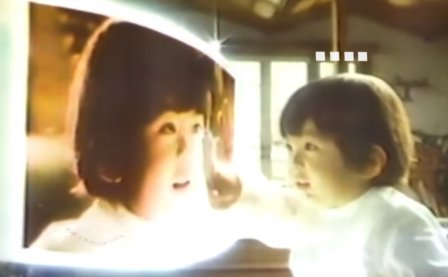Under her Smurphy alias, Mexico City’s Jessica Smurphy crafted music that hovered in the vague area around techno as both a set of sounds and a conceptual framework but remained largely formless, mostly eschewing direct engagement with muscular beats and focusing primarily on a gaseous, disorienting drift perfectly summed up by one album’s title, A Shapeless Pool of Lovely Colors Suspended in the Darkness. But since the switch to her Upgrayedd Smurphy moniker, she’s increasingly begun to engage with the heavily regimented and sequenced percussion-oriented world of hard techno. With her latest, the impressive #PENINSULA, she’s found the best expression of this mode of her project yet, a collection of unremittingly functional techno that nevertheless manages to push at the boundaries of sonic space, utilizing the repetition of the techno loop as a ground for a searching intensity of form.
Tension has, of course, always been central to club music, the build and release its primary longitudinal structure; #PENINSULA suggests an effort to push this structure toward a peak of intensity. Tracks are structured not so much around build and release as an endless torquing and tightening, sounds pulling into ever-tighter nets, the releases largely hidden in ambience and rhythmic development, suggesting a build without end, an endless lift. It’s an exhilarating and entrancing technique, pushing bodily sensation to the fore and rendering the sonic environment enervatingly physical, but that shouldn’t be taken to imply that this is techno formalism or the sort of obsession with raw synthetic waveforms and sonic “purity” associated with much of the Berlin tradition. If her formal techniques share similarities with that approach, her sonic palette diverges radically from it, embracing birdsong and nature ambience, an array of synthetic and organic sounds, and a dizzyingly diverse set of rhythmic traditions, from the four-on-the-floor of traditional techno to tricky off-note structures.
From amid this stew of bubbles, hisses, burns, synth stabs, and clipped vocals, these ever-shifting but relentlessly dialed-in poundings of percussion, a sense of expansiveness emerges from within a space of locked-down intensity. This is club music that embraces both possibility and inevitability. Any sound might appear, rhythm as mutable as it is inexorable, every addition or swerve furthering a forward drive, a thrust into the core of the body, the forcing up or down of a skull into a continuum of sound and movement. If it might initially scan as a move away from the more “experimental” tendencies of her more difficult work, it begs the question of what modes of listening and movement are opened by various forms; it’s more classical structure turning out to be a door into new understandings and relations to the body and the ear, its embrace of joy and intensity alongside play and DJ functionalism creating an exciting rupture to contort a body within. It is club purity and club futurism, club formalism and club expansion.
More about: Smurphy, Upgrayedd Smurphy




